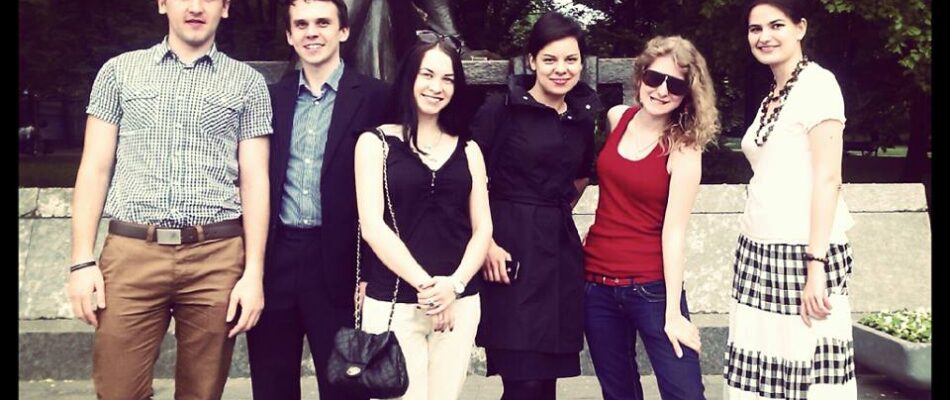
Europe should engage in a dialogue with Belarus
MINSK – Belarus cannot be isolated from the higher education system in Europe. Instead European stakeholders and policymakers should engage in a dialogue with the country’s higher education authorities, academics and students. This was the conclusion of a seminar organised by the European Commission on 16 May in the capital Minsk.
The seminar was organised to present the latest developments in the country’s Bologna process and discussions within the Bologna Follow Up Group (BFUG). Belarus has applied to join the Bologna process but the application has been on ice since January 2012, partly due to a lack of independent student representations and limited academic freedom.
Among the participants in the seminar was Sjur Bergan, from the Council of Europe, who gave an insight into the state of the Bologna process and shared the current proceeding from the BFUG’s Structural Working Group. The European Commission presented the financial tools available to support cooperation with the neighbouring countries to Belarus, peer learning and automatic recognition of academic qualifications. Micheal Gaebel, from the European University Association, talked about the role of higher education institutions and Karina Ufert, Chairperson of the European Students Union (ESU), presented ESU’s activities, the principles of democratic students’ participation and the BFUG’s work on the social dimension and lifelong learning, which is now co-chaired by students that are seen as equal partners in the process.
Formal recognitions still cause problems
Students were the most active participants contributing to the seminar’s debates from the local audience. They talked about their expectations towards the Bologna process, how they would define students’ participation and what should be the criteria for good student representatives.
Three independent student organisations, including the Belarus Students Association (BSA) that is a full member of ESU, participated in the meeting in addition to students’ councils from various universities. Many of these organisations, including BSA, still experience problems with being officially recognised and therefore act as informal groups. The newly formed Brotherhood Of Student Organisations (BOSS) was denied a formal status after its representatives mentioned that one of their aims would be to participate in quality assurance processes in higher education.
ESU provides a support
Student representation was also among the main themes discussed at a roundtable organised by the Information Point of the Council of Europe in Minsk on 28 May. The participants of that conference brainstormed about possible scenarios that could empower local and national student activism in Belarus.
“More communication and sharing practices are needed in order to strengthen the students’ movement in Belarus and ESU is there to give a helping hand,” says Karina Ufert, ESU’s Chairperson.
— END —
For more information, please contact:
Karina Ufert, ESU Chairperson: +32/473.669.892 // karina@esu-online.org or Robert Hlynur Baldursson, ESU Communications Manager: +32/473.669.894 // robert@esu-online.org

The European Students’ Union, headquartered in Brussels, is the umbrella organisation of 47 national unions of students from 39 European countries. ESU represents and promotes the educational, social, economical and cultural interests of students at the European level. Through its member unions, ESU represents over 11 million students in Europe. To find out more about ESU, follow us on Twitter @ESUtwt, check out or Facebook page or visit www.esu-online.org. ESU celebrates its 30th anniversary in 2012.
